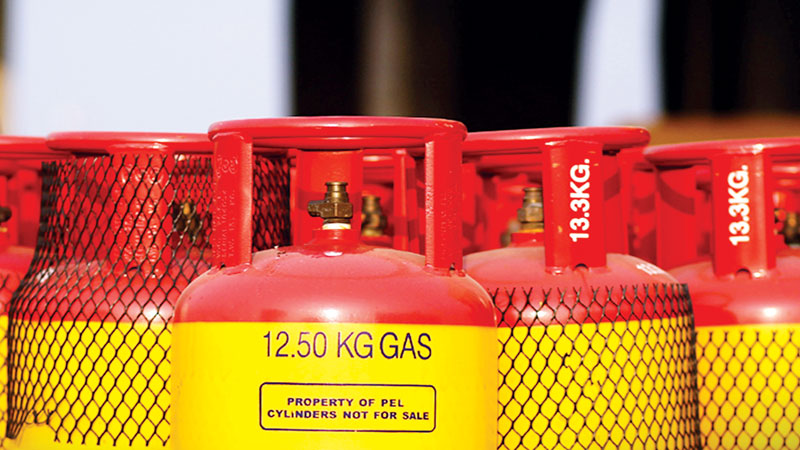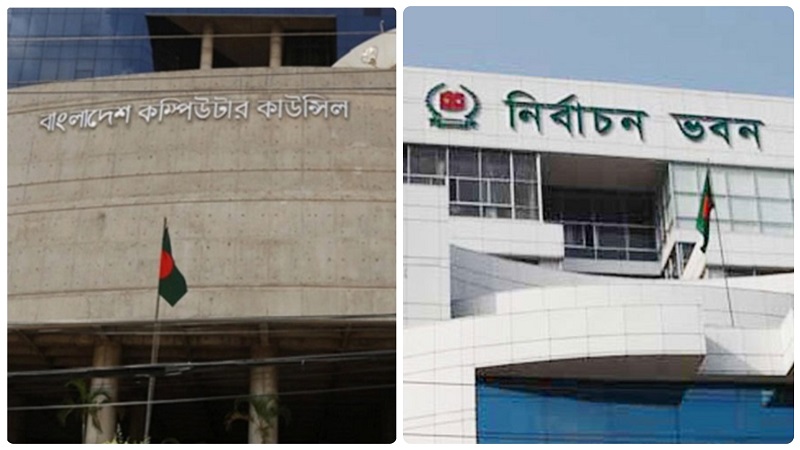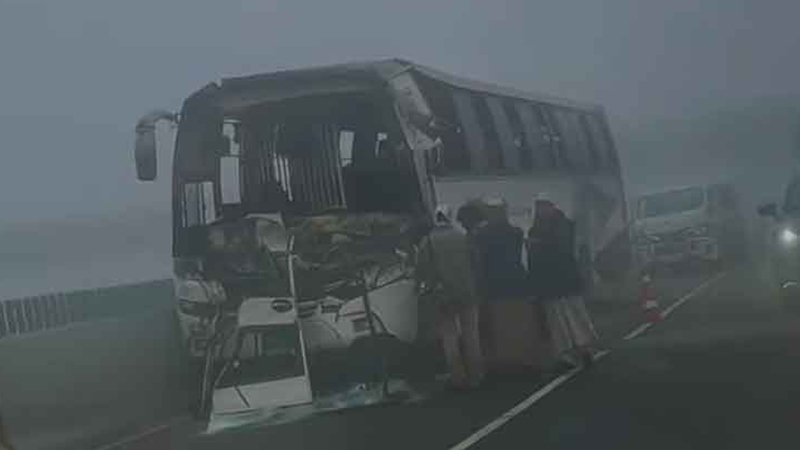The Bangladesh Energy Regulatory Commission (BERC) has recommended a 25 percent subsidy on the import price of Liquefied Petroleum Gas (LPG) for the operators to keep uniform and affordable prices at the consumer level to prevent anarchy.
The commission also suggested fixing LPG price for consumers through public hearing as followed in cases of retail natural gas and electricity prices, an energy division official said.
Dr Mohammad Sher Ali, Joint Secretary of the Energy and Mineral Resources Division said he got the BERC report last week. “However, we wanted them to set the price. But BERC has given the pricing formula. The ministry is analyzing the matter, and will then decide.”
The government is discouraging natural gas connections or pipeline supply in the sector due to a gas crisis. LPG is recommended as an alternative to ensuring fuel safety.
Thailand is given subsidies for LPG at the import stage. Subsidies are also given at the consumer level in India’s West Bengal. In order to increase the use of LPG in Bangladesh as well, BERC is in favor of a 25 per cent subsidy at the import stage to keep prices affordable for low income people.
The commission thinks that consumers of pipeline gas are getting gas at a much lower price than LPG. Therefore, it is possible to collect this subsidy by imposing charges on the pipeline consumers. This will not create financial pressure on the government or the people to subsidize.
According to the BERC, the cost of LPG supply in Chennai and West Bengal is $50 to 60 per tonne. However it costs $100 to 110 dollars to bring to Bangladesh from the same point. One of the reasons for the huge difference is that private businesses import LPG through small cargoes having the capacity of around 2,500-5,000 tonnes. Traders are relying on sales to bring in less, which is increasing costs. The limitation in bringing more is the navigability crisis.
The Commission said a portion of the LPG price should be variable in line with the changes in the international market and the costs of gas after its entry into the country. It will ensure a unified LPG price at the retail level and reduce sufferings of the commoners.
The BERC also suggested that the operator should have the responsibility to reach the end users of the LPG cylinders, to check pilferage and use of substandard cylinders by the middlemen or brokers, thus putting a brake on accidents.
Distributors and retailers are marketing cylinders of multiple companies. It has no control of the operators. They can easily avoid the responsibility of accidents. Besides, many cylinders contain less quantity of LPG than mentioned. For this reason, BERC has given its opinion in favor of making provision for sale of cylinders of certain companies.
Some 212 kgs of wood is required to get the equivalent of 12 kg LPG. The use of wood is harmful for the environment. On the other hand, smoke is creating health risks. It is recommended to consider LPG as an environmentally friendly antidote for lung diseases.
Energy expert, Professor M Shamsul Alam said “there are state-owned companies in any sector to control the market. They will meet most of the market demand. But in our country the scenario is reversed. Not only the LPG sector in the country, in fact the entire gas sector is controlled by the traders. As a result, the capacity and marketing system of government LPG companies are not being modernized. Some officials are getting unethical benefits while the people are losing.”
“LPG traders are also controlling the issue of not providing gas connections to households. They are desperate to hold on to the LPG market. But if gas connection was given to the households, the government revenue would increase. Besides, the illegal gas users will decrease,” he added.
In the international market, the price of this petroleum product has come down. For this, Bangladesh Petroleum Corporation (BPC) has reduced the price of its own produced LPG per cylinder weighing 12 liters from Tk 700 to Tk 600 at the consumer level in the country. But the price of the same weight of gas supplied by private companies may be as high as taka 1050 to 1150. There are also price differences between companies and locations. In Kolkata, the price of a 14.2 kg unsubsidised cylinder is taka 704 (Rs 621) and the subsidized cylinder is even lower.
LPG is used for heating, cooking and auto fuel. LPG is relatively new in Bangladesh, but the demand is increasing day by day.
World LPG Association (WLPGA) sees Bangladesh as one of the fastest-growing LPG markets in the world, and predicts that demand for the fuel might reach up to 30 lakh tonnes by 2025.
According to the Energy Division, the total supply of LPG in January 2009 was 45,000 MT. At present this quantity has increased to 9 lakh MT. Of this, only 16













